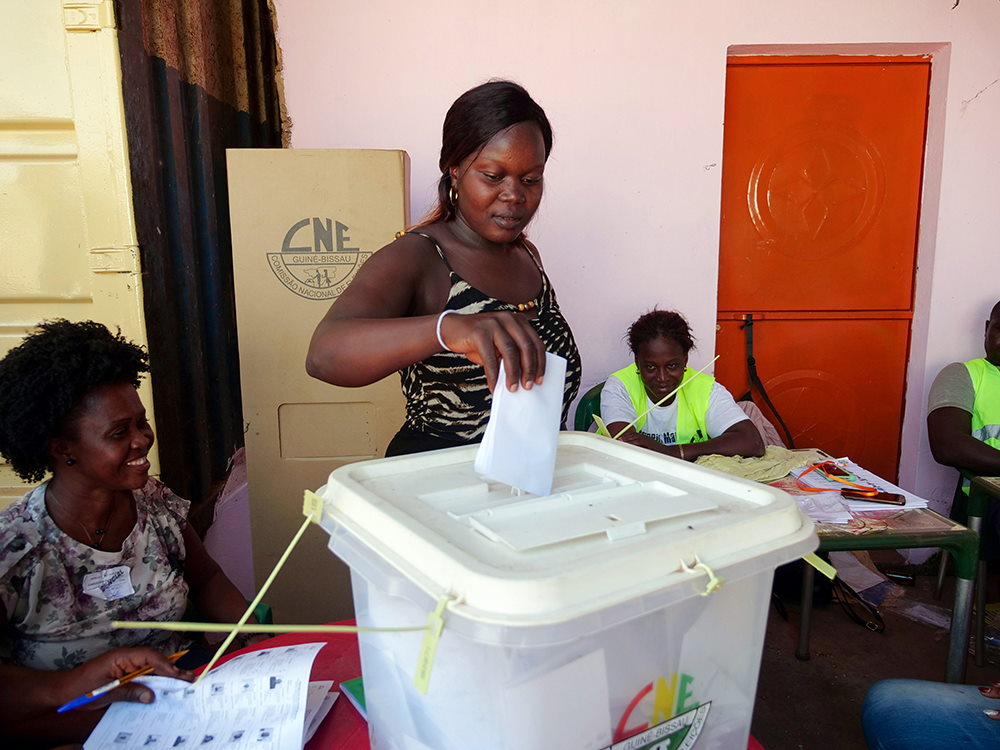
The six principles of Adaptive Peacebuilding
Analysing adaptive peacebuilding – an approach that can help navigate the delicate balance between international support and local self-organisation.

Analysing adaptive peacebuilding – an approach that can help navigate the delicate balance between international support and local self-organisation.
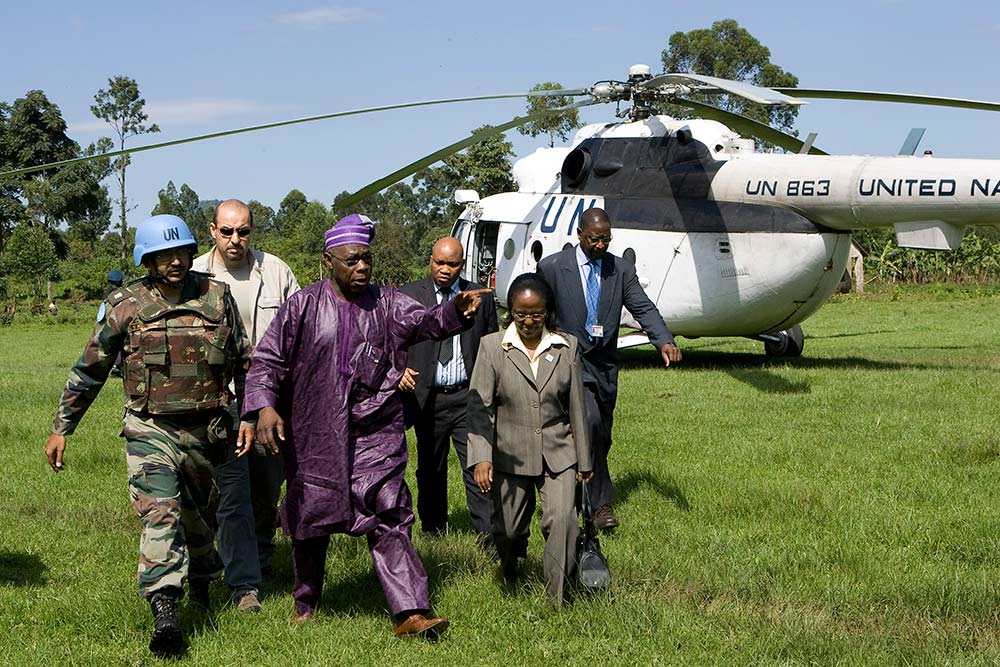
“The small is as important as the bigger picture. It is these smaller things, if they are coordinated, that can lead to the transformation of the bigger picture” (p. 10).
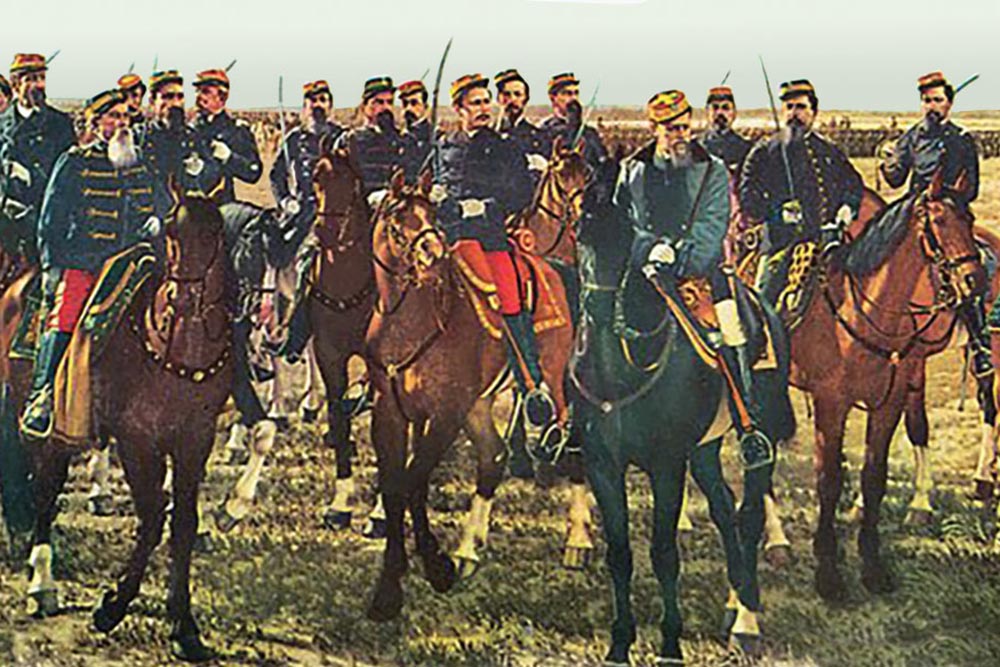
Exploring the contemporary challenges faced by state-making efforts from the perspective of internal colonialism.
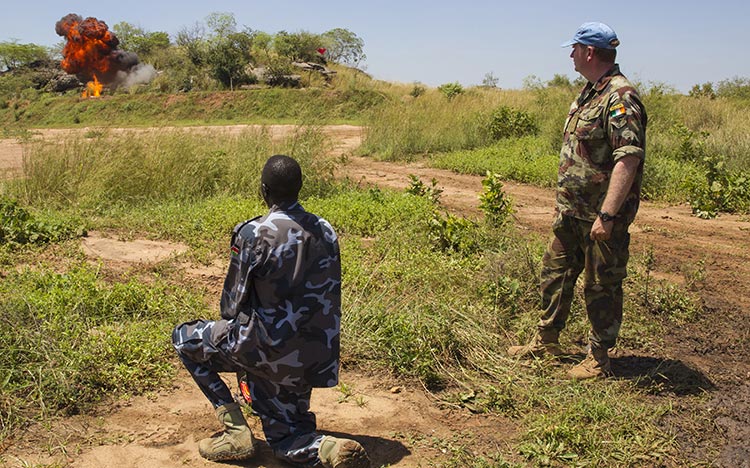
How opposing cultural ideologies and limitations of formal state-building mechanisms threaten to re-establish conflict in the world’s newest state.
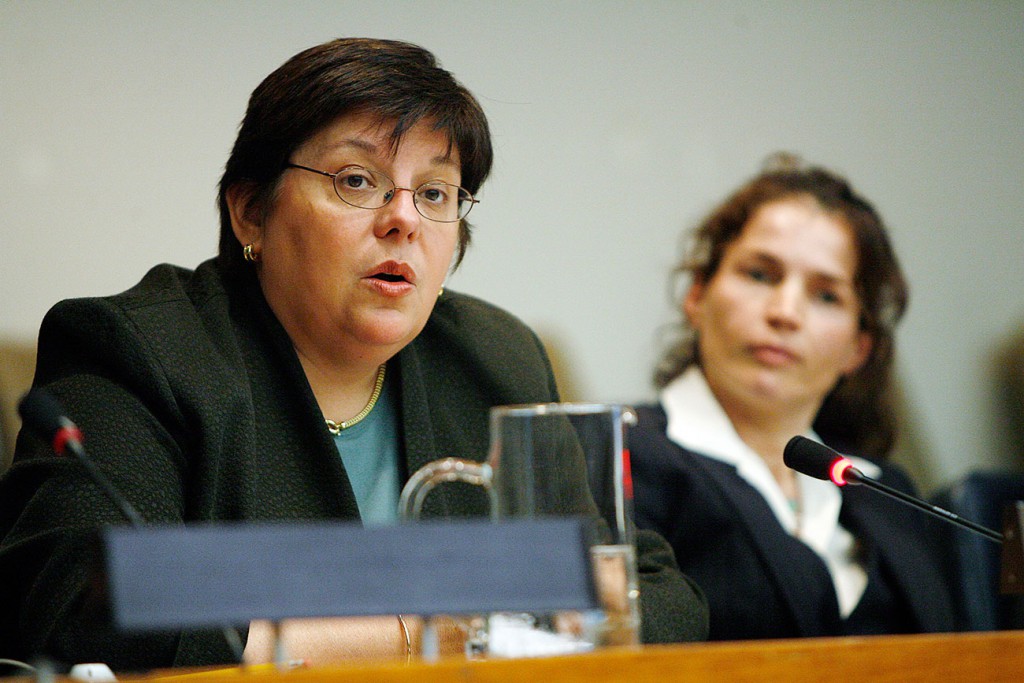
Forum aims to unite politicians, policy-makers and activists in strengthening both their response to conflict and support to fragile countries.

Editorial By Vasu Gounden South Africa and South-South Approaches to Post-conflict Development in Africa By Fritz Nganje “Monrovia is not Liberia” A Rocky Path towards Decentralisation By Franzisca Zanker Information

Editorial By Vasu Gounden South Africa and South-South Approaches to Post-conflict Development in Africa By Fritz Nganje “Monrovia is not Liberia” A Rocky Path towards Decentralisation By Franzisca Zanker Information
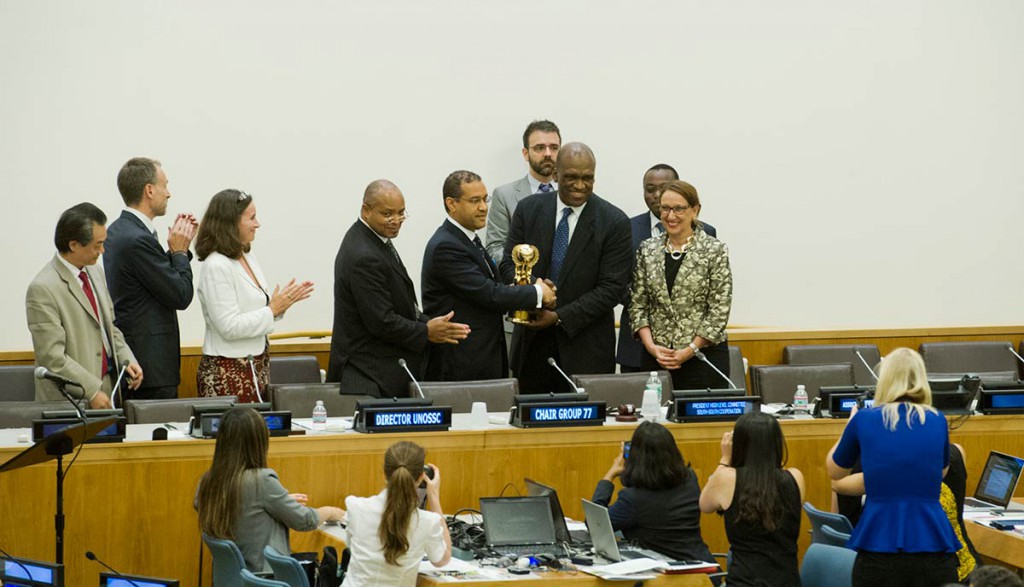
ACCORD shows continued support for g7+, an intergovernmental organisation which draws attention to challenges faced by fragile states.
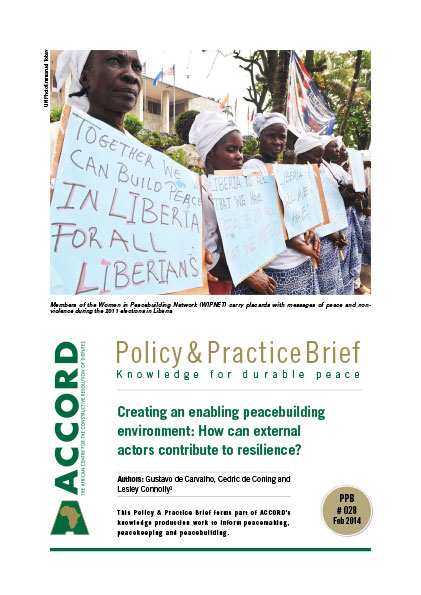
Executive Summary Peacebuilding theory and practice has evolved over 20 years in response to highly complex and fluid factors and contexts. Over this period, peacebuilding has developed several salient features,

Executive Summary Peacebuilding theory and practice has evolved over 20 years in response to highly complex and fluid factors and contexts. Over this period, peacebuilding has developed several salient features,